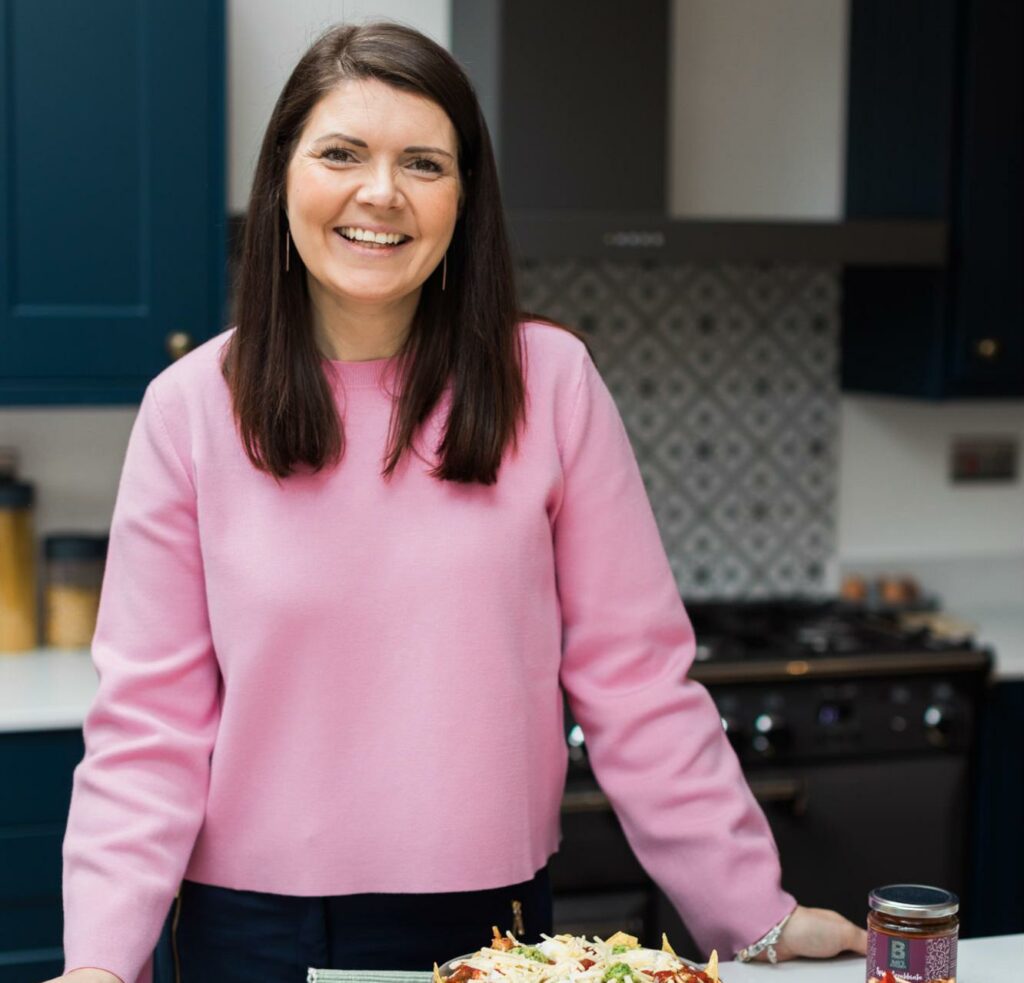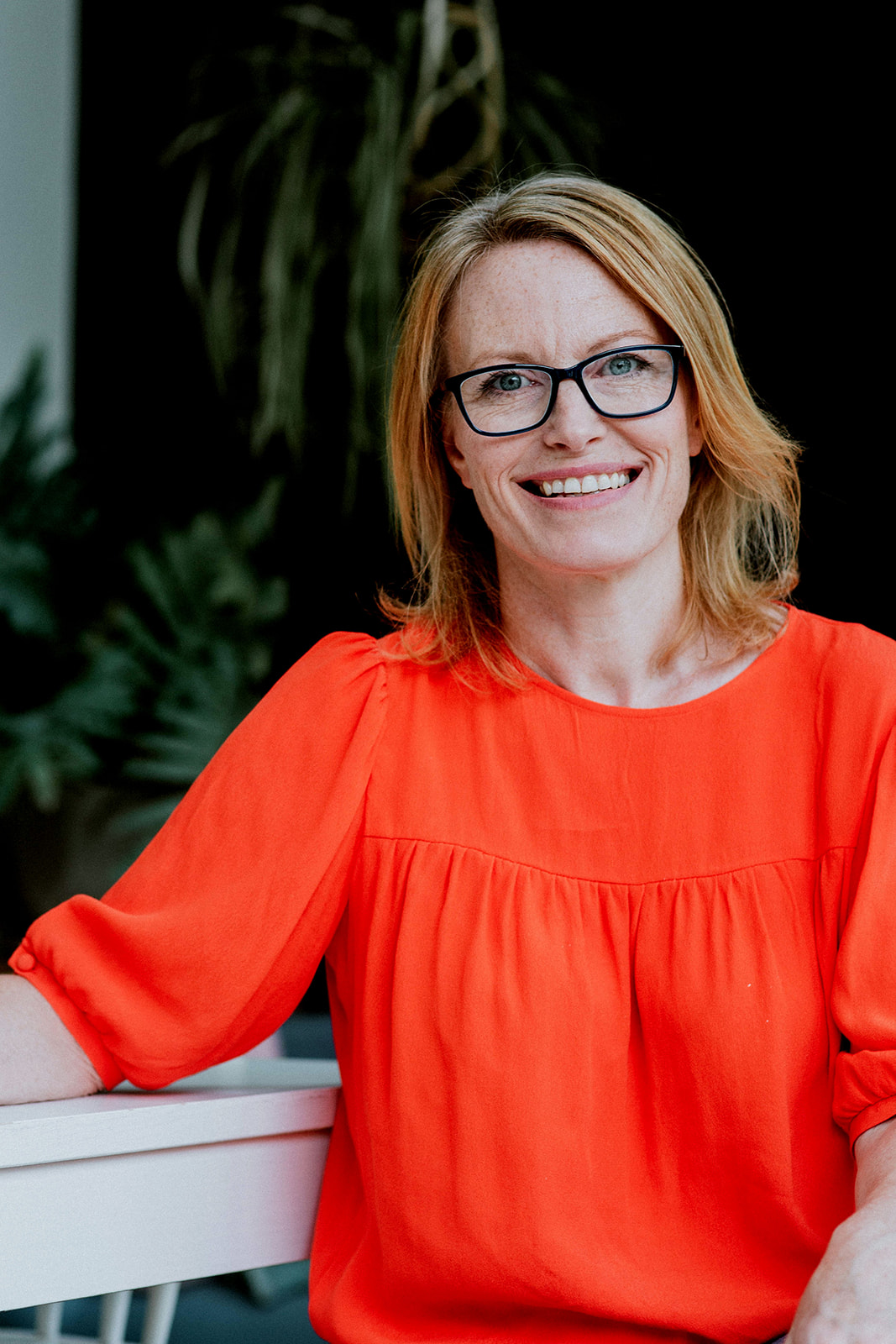Interview with Bay Burdett - 6 questions with the CEO & founder of Bay´s Kitchen
What is your experience with IBS & the low FODMAP Diet?
My symptoms first began back in 2012, after following an overly restrictive diet to lose weight for my sister’s wedding, which involved lots of fresh ingredients such as meat, fish, salad, rice etc. When I returned to normal eating, I experienced severe cramps, fatigue, bloating, constipation, back pain, and body aches. I quickly realised that alcohol (among others) was a major trigger, as each time I went out, my symptoms would get worse.
The turning point came during a family holiday. I love to get involved in family activities, especially with my nieces and nephews. But one day, while watching my family play in the sea, I was in agony, sitting on the beach, unable to participate. That moment made me realise I needed to seek help, something I had previously been too embarrassed to do as I didn’t want to talk to a doctor about my symptoms.
After discussing my symptoms and running some tests that were all clear, I was diagnosed with IBS. The doctor handed me some information, including a note about the Low FODMAP diet.

Initially, I was nervous, because I believed my restrictive weight-loss diet had triggered my gut problems, and the low FODMAP diet might do the same. But as I started to research, I quickly realised how challenging this diet would be, especially because garlic and onion are in nearly every store-bought sauce and other convenient foods (e.g. pizzas, ready meals, soups etc). I tried to seek advice from a dietitian through a referral with the NHS but never got an appointment, and as I was living alone with a mortgage, I couldn’t afford to go private.
I attempted cooking everything from scratch, but working long hours at a marketing agency made it difficult. I loved my job, but coming home at 10 p.m. and starting to cook from scratch was not sustainable. This frustration led me to an idea – why not create sauces that are IBS-friendly?
Having grown up around a family business, I always wanted to start something of my own. But it wasn’t until I faced the struggle of finding convenient, Low FODMAP sauces that Bay’s Kitchen was born.
What inspired you to create FODMAP-friendly products?
After my IBS diagnosis, my doctor recommended I follow the Low FODMAP diet. When I started looking for foods I could eat in supermarkets, I quickly realised how limited the options were, especially when it came to sauces. There were next to no quick, easy, and delicious choices that fit the diet. I didn’t have the time or energy to cook from scratch every day, and that’s when I thought – if I was struggling to find convenient options, surely many others were feeling the same way.
As I started sharing my symptoms with friends, family, and colleagues, I was surprised by how many people could relate. It became clear just how common IBS is, affecting 1 in 5 people in the UK, and that inspired me even more to create FODMAP-friendly products that make life easier for those managing the condition.
Can you walk us through the process of developing a FODMAP-friendly product? What are the key steps from idea to finished product?
The first FODMAP-friendly products we developed were inspired by the foods I missed most. I craved quick and easy pasta sauces, and I hadn’t had a curry in nine months. Our initial range included Tomato & Basil, Sweet & Sour, and Jalfrezi Curry (which has since been discontinued). I took these ideas to a development chef, who was excited by the challenge of creating Low FODMAP sauces, something he had never heard of before! He found it particularly tricky to work without onion and garlic, but that’s what made it so rewarding. Once we’ve finalised a product, it’s sent to FODMAP Friendly in Australia for testing and certification, ensuring it meets the strict Low FODMAP guidelines.
Why did you choose to produce the specific types of products you offer? How did you decide which categories to focus on?
We wanted to bring more flavour and convenience to the Low FODMAP diet, which can sometimes feel restrictive and bland. Our stir-in sauces and stocks allow people to create meals quickly and easily while still being able to add their personal touch, whether they’re vegetarian, vegan, or just looking for something simple. Our Korma sauce, for example, became a best-seller after we launched it in 2019, and our concentrated stocks have also been very successful since their launch a year later. A large portion of our business has grown from the sales of these products.
Do you plan to expand your range or introduce new categories?
By the end of 2024, we will have transitioned to a seed oil-free range, driven by both research and customer feedback and I’m excited about our plans for new product development in 2025, keep your eyes peeled for more updates!
Where can people buy Bay’s Kitchen Products?
You can buy our products directly through our website, as well as on Ocado, Amazon, and Fodmarket. You’ll also find them in select farm shops!
We’ve also recently introduced a Subscribe & Save option for our customers. You can choose which products you want, how often you want them, and enjoy a 10% discount with free delivery on orders over £30. It’s the perfect way to take the stress out of reordering!
We’re also delighted to offer all Belly Balance members a 10% discount code.
BELLYBALANCE10
This code works on both one time orders and subscription, meaning you get 20% off your first subscription order and the standard 10% off all future subscription orders too.




